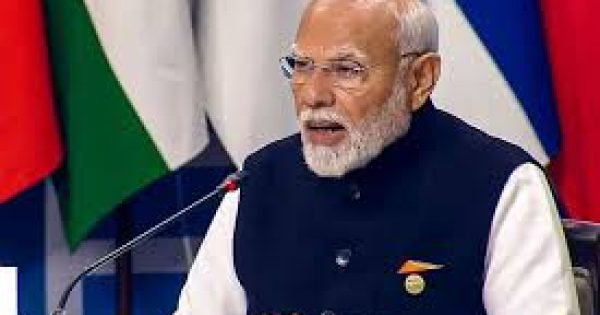After months of uncertainty, the Kerala government has formally signed a Memorandum of Understanding (MoU) with the Union Ministry of Education to join the PM SHRI (Pradhan Mantri Schools for Rising India) scheme — marking a significant policy shift for the Left-led state that had earlier resisted the move.
Under the centrally sponsored programme, two schools in each block will be developed as PM SHRI model schools, with each receiving ₹1 crore annually for five years to enhance infrastructure, digital facilities, and overall learning standards. Kerala’s Education Minister said the decision was essential to secure nearly ₹1,500 crore in pending central funds for various education initiatives.
The move represents a turnaround for the state government, which had initially opposed joining the scheme, arguing that it could pave the way for implementing the National Education Policy (NEP) in Kerala — a policy the state had firmly rejected. Concerns were also raised about central branding and the requirement to display signboards identifying schools as “PM SHRI Schools,” which critics viewed as a challenge to state autonomy in education.
The decision has, however, sparked internal tensions within the ruling Left Democratic Front (LDF). The Communist Party of India (CPI), a key coalition partner, has criticised the move, calling it a “self-goal” and a breach of coalition understanding. CPI leaders have reiterated that the scheme’s connection with the NEP makes participation “ideologically unacceptable.”
Despite the criticism, the Kerala government has defended its decision as a pragmatic financial step, clarifying that joining the scheme does not mean adopting the NEP. Officials insist that the state’s existing education policies will remain intact while leveraging the central funding support for school improvement.
With the MoU signed, Kerala’s Education Department has been directed to move forward with the scheme’s implementation. However, details such as how many schools will be selected and how the scheme will align with Kerala’s education framework remain to be clarified.
For Kerala’s schools, the decision could bring major infrastructure upgrades and new learning resources, but it also raises larger questions about federalism, coalition unity, and the future direction of education policy in the state.










